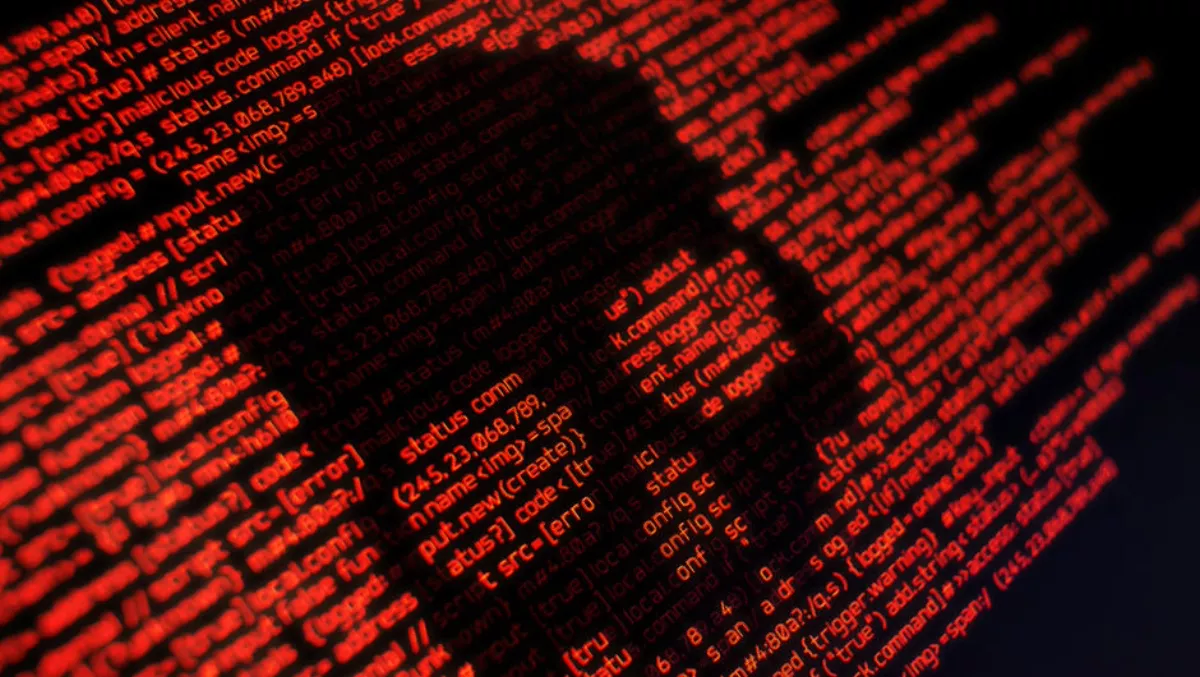
Ransomware: Top-of-mind for Aussies, but we just don't know what to do about it
Ransomware continues to be a major concern for Australian consumers this year - and many are unsure if they have even been affected by it.
Network security provider WatchGuard Technologies conducted a small survey at last month's CeBIT trade show in Sydney. Of the 245 respondents, 21% had been ransomware attack victims, but 31% didn't actually know if they had been attacked or not.
In a case of 'it's who you know', almost half knew of an organisation that had experienced an attack.
WatchGuard ANZ regional director Mark Sinclair says this year ransomware continues to be one of the most widely discussed and publicised threats of the modern era.
"What started as a few high-profile attacks caused by a handful of malware variants has developed into a virulent threat landscape in which increasingly unskilled attackers are able to execute highly effective ransomware campaigns against organisations of all sizes and levels of complexity," he says.
Organisations seem to be almost as unskilled at protecting themselves from attacks – 53% don't know if they have the right technologies and place to guard against it.
"The traditional advice in defending against today's ransomware attacks includes persistent reminders to educate users, perform regular software updates and back up all critical devices," Sinclair says.
"All great best-practice rules to live by, but these tips only provide a minimal, first level of defence against a modern ransomware attack. This latest survey data would suggest that the only way in which consumers and businesses will be able to stay one step ahead is to maintain comprehensive visibility and automated mitigation capabilities across their network so that everyday attacks can be instantly detected and blocked before causing any damage.
The new financial year is coming and WatchGuard says there are critical steps businesses and employees can take to improve their security.
- Do use multi-factor authentications (MFA) whenever available. Passwords have problems, and many users don't use them correctly. The best defence is multifactor authentication. Most big sites and cloud services offer MFA options, so there's no excuse not to use them when they are available. Also, talk to your IT team about getting MFA incorporated into your office network.
- Do use a password manager. MFA is your best option, but if a site doesn't offer it, you need to follow good password practices. That said, remembering hundreds of long random passwords is hard. Password managers solve this problem. Sometimes they are even built into your OS.
- Do invest in security hardware and software, no matter what platform you use. Any desktop computer without security software is like swimming in a sewer with an open sore. Office networks need to have a unified threat management (UTM) appliance protecting their internet gateways to help reduce risk of ransomware entering the office network in the first place.
- Do backup! Yes, most people say they do… but do you really? If everyone backed up their systems correctly, ransomware would cease to exist. If you do backup, have you ever tested those backups? Make sure the data you think you are saving is really there, otherwise you're just wasting time.
- Do patch regularly. For normal desktop users, just set your OS to automatically download and install updates immediately.
- Don't send payments based only on texts or emails. There has been a big increase in phishing emails and text messages asking victims to make wire transfers. While these communications may seem to come from someone you know, they almost never do. You should always validate such communications by talking to the requester using a different communication channel before fulfilling them.
- Don't be click-happy. You see a lot of emails and social network posts everyday with links. Yes, a deal might sound good, but do you really need to click? Do your best to avoid clicking unnecessary links from unsolicited communications. Rather, visit sites directly, or if you must click something, look at the link first, and use tools to unmask shortened links.
- Don't join public or open wireless networks without protection. First, see the Do above on security software. More importantly, if it's an open network you should NEVER use it without a VPN.
- Don't believe that good things come free. There's a lot of applications and media you find online that screams it's "FREE." At best, many of these things come with ads or spyware. At worst, they may infect your computer. While there are some open source things that are good, think twice about anything screaming about being "free."
- Don't leave your computer in the open in public. Even in environments you control, set a lock screen on your computer, and make the lock timeout relatively low (a few minutes).


